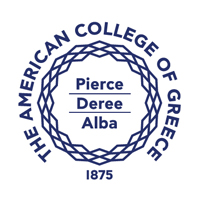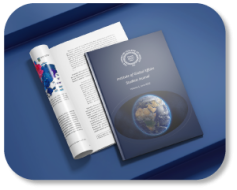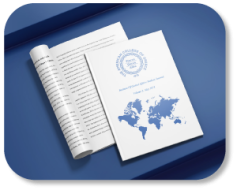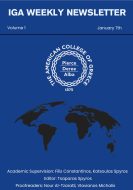Overview
Welcome to the Institute of Global Affairs (IGA) – a center for public and international affairs at The American College of Greece since 2008. Through engaging round tables, presentations, panel discussions, conferences, and workshops, the IGA brings together top academics, politicians, economists, diplomats, and policy-makers to foster an in-depth understanding of complex global issues and encourage open dialogue.
The IGA focuses on six key thematic areas: (i) European Affairs, (ii) Middle East and North Africa, (iii) East-West and Eurasian Relations, (iv) Energy Security and International Markets, (v) The Emerging New Strategic and Economic World Order, and (vi) The Rise of Populism and the challenges to Democracy. This policy-oriented approach, complemented by rigorous analysis of regional complexities and global trends, examines the interactions among states, international organizations, NGOs, and individual actors.
The Institute is overseen by a Director and collaborates with the ACG Office of Public Affairs to coordinate various events and relevant initiatives and with the Academic Advisory Board, consisting of Deree faculty members with expertise in relevant areas, to influence and develop its strategy and activities. The VP of Public Affairs holds an ex-officio position on the IGA Advisory Board. By organizing events in partnership with ACG departments, Student Societies, and Clubs, the Institute actively contributes to the academic life of The American College of Greece. Whether you are a student, faculty, staff, or a curious member of the public, our events, mainly held at the Deree campus in Aghia Paraskevi, are open to all and serve the primary purpose of benefiting students pursuing the “International Relations & European Affairs” major launched in September 2018.
Stay Connected
Be part of our vibrant online community! Follow us on social media to get the latest updates, exclusive content, and join the conversation. Click the links below to access our social media profiles now:
You can reach us via email at [email protected] or give us a call at extension 1372.
We look forward to hearing from you!
Mission
Strives to be a premier center of scholarship in public and international affairs, promoting understanding of complex global issues through high-level academic engagement, policy-oriented research, and open dialogue, with a focus on six thematic areas and studying the relationships between states and various actors.
Vision
Being a leading center of scholarship in public and international affairs, fostering a deeper understanding of contemporary regional and international complexities through high-level academic engagement, policy-oriented research, and promoting the needs of students in the field of “International Relations & European Affairs.”



